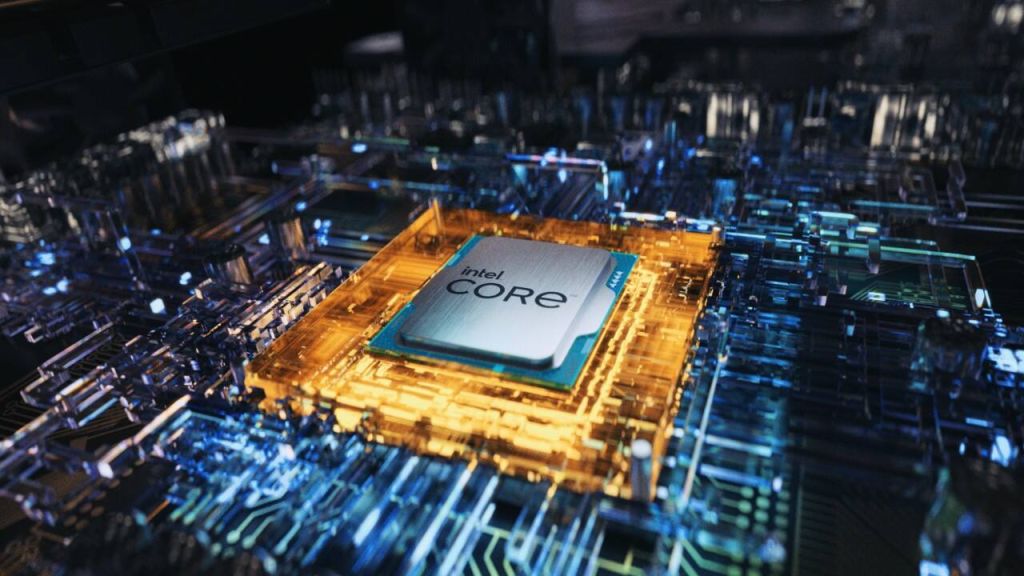We discovered Intel’s plans to kill off AVX-512 enablement on Alder Lake CPUs permanently. Now, as reported by hardwareLuxx, BIOS updates for Z690 motherboards with new Intel microcode have been released that officially disable AVX-512 for good.
HardwareLuxx demonstrated the changes by using both an ROG Maximus Z690 Hero with BIOS version 0702 and an MSI Z690 Unify with BIOS version 1.13 paired to a Core i9-12900K. When enabling AVX-512 in the BIOS (which also means disabling the E-cores) and booting into Windows, “AVX512F” support can be seen clearly within CPU-Z. However, when BIOS version 1.21 was installed on the MSI Z690 Unify, hardwareLuxx notes that the AVX-512 instruction set is completely missing from CPU-Z, despite there still being an AVX-512 toggle within the BIOS.
More specifically, the BIOS comes with Intel microcode version 18, which is an update from the previous MSI BIOS that was equipped with version 15. So it seems any motherboard BIOS with a microcode update to 18 (or later) will completely disable AVX-512. That will happen whether or not there are AVX-512 toggles within the BIOS.
It’s also worth noting that hardwareLuxx tested an MSI B660 motherboard and found all AVX-512 functionality was missing from the BIOS. By this, we presume Intel has already applied the new microcode to these newer motherboards. That means we can expect all 600-series chipset boards besides Z690 to automatically lock out AVX-512 support altogether.
If you want to keep AVX-512 enablement on your Alder Lake system, you’ll need a Z690 motherboard and will need to stick with a BIOS that has not been updated to the latest Intel microcode.
Also worth noting is that this new microcode appears to enforce a multiplier limit of 51 (5.1GHz) when using the AVX2 instruction set. This limit is present in all Alder Lake boards, but the new microcode update now prevents you from overriding that limit. It’s not clear if this was done in response to problems that were happening or if this is merely a proactive measure to prevent potential issues in the future.
